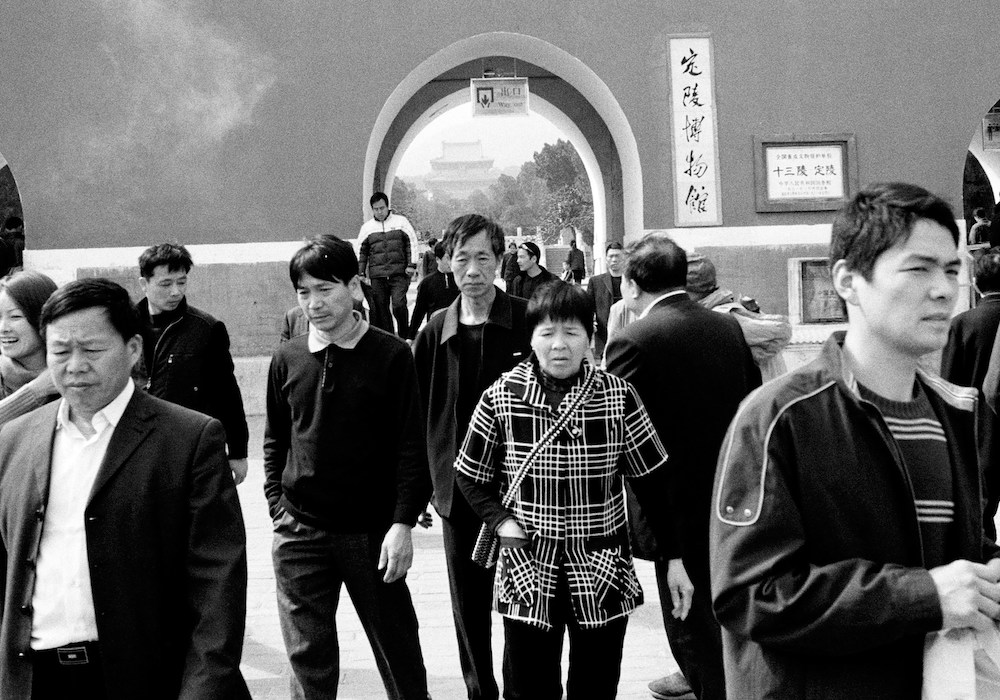beneath perfect pillow for sleep
No calendar sun within mountains
cold ends year unknown
“Nine Poems from Ancient China” are translated from one of China’s most popular collections of traditional verse, the Qian Jia Shi (“Poems of a Thousand Masters”) first compiled in the Song Dynasty (960-1279) by the poet Liu Kezhuang. Before he died in 1269 after some eighty-three years of living, Liu wrote: “I have complained that the work of recent writers is mostly shallow and commonplace. It lacks lofty and distant interests beyond the events themselves. The successful are tipsy with the inducements of favor and profit. The stymied dream of great deeds and fame. The matter/feeling appears in the words, and a thousand people all write the same poem” (translated by Michael Fuller). There is no cognate in these parts for such a collection of poems (Palgrave’s Golden Treasury is a stretch), as music and poetry have yet to be part of our standard education, and as the Chinese written language is the only language in the world that is the same today as it was three thousand years ago. In the Chinese, the poems follow the strict tonal patterns of “regulated verse” (eight lines of five or seven characters per line) and “detached verse” (four lines of five or seven characters per line), making melodies of such fluid complexity on par with a raga or Benedictine chant. The English translations emulate the overall rectangular fields (or seals) of the Chinese poems and retain the same number of lines. (Due to the difference in internet browsers, the lines in the translations may be a little off and not form perfect rectangles.) White space, as in many poems, serve as punctuation, breath, pause, degrees of rest, “In silence . . . the pulse of God’s blood in our veins” (Bunting). The overarching hope was to convey some of the music and precision of the Chinese in English.









